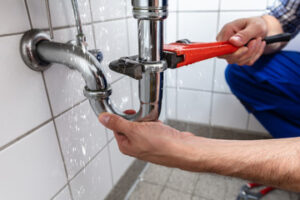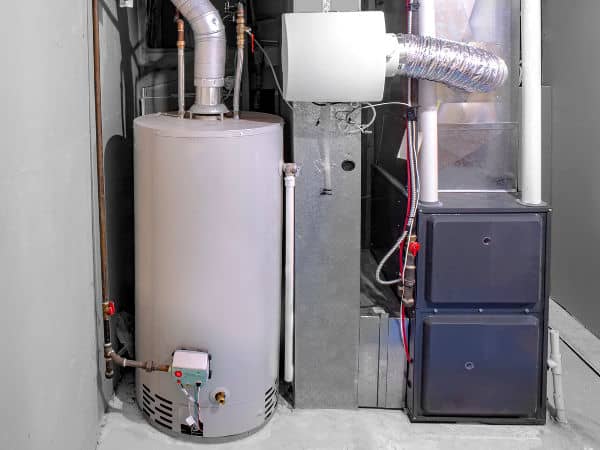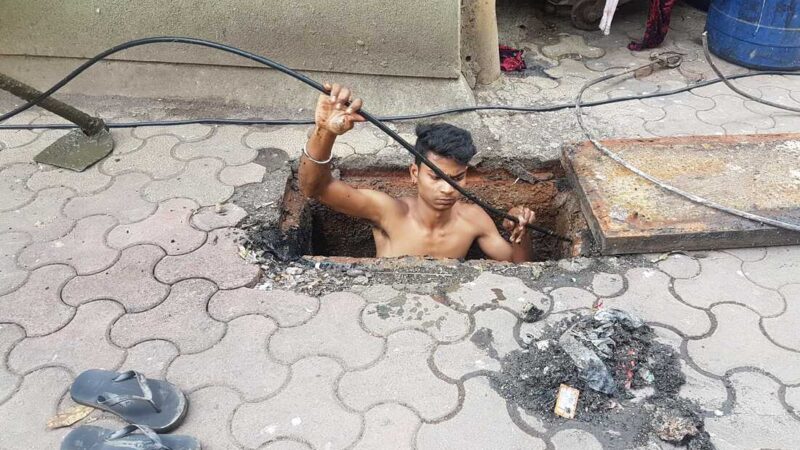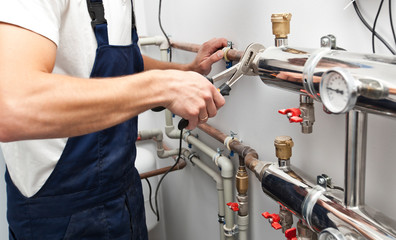What You Need to Know About Commercial Plumbing
Commercial plumbing services are needed for a wide variety of businesses and facilities. Depending on the location, size and complexity of the facility, there are a number of specific issues and concerns that need to be addressed. Commercial Plumbing Lawrenceville GA includes scheduling, licensing and insurance, and the potential for damages.
 In commercial plumbing, the size of the pipes used is very important. Whether you’re building a new property or remodeling a current one, the size of the pipes will influence the size of your system. As a result, it’s important to know the different ways to determine the right size pipe for your project.
In commercial plumbing, the size of the pipes used is very important. Whether you’re building a new property or remodeling a current one, the size of the pipes will influence the size of your system. As a result, it’s important to know the different ways to determine the right size pipe for your project.
The first way to determine the appropriate size of a pipe is to estimate the amount of water pressure. Typically, you’ll see values between 1.7 and 3.4 psi for a 100 feet of piping. This number will depend on your local building codes. Using this figure, you’ll need to calculate how many fixtures your system can accommodate.
Another method of sizing your piping is to use the Hazen-Williams equation. This equation is helpful for velocities of two to ten fps. However, it isn’t ideal for very turbulent flow.
Commercial plumbing systems are more complex than their residential cousins, and often employ sophisticated equipment and complex design schemes. This may be especially true for large facilities, like hotels and office buildings. The requisite technology can be costly and time consuming, but the payoff is well worth the effort.
As you can see, the complexities associated with these projects aren’t limited to the actual installation, but also include ongoing maintenance and repair. Having a qualified expert team on hand is key to ensuring that your plumbing system’s wares are functional and safe. A quick call to a competent commercial plumber can make the difference between an expensive bill and a happy customer. Getting a quote for building a new commercial space is just the beginning.
The best time to perform a commercial plumbing job isn’t always during normal business hours. Many contractors will work long nights and weekends to keep the doors open. While this may not seem like a bad thing, the long hours can cause a lot of headaches. In order to avoid these mishaps, it’s a good idea to have a comprehensive maintenance plan in place before hand.
A well thought out maintenance program should cover all aspects of the plumbing process from installation and repair to regular inspection and testing. Keeping your systems running at their peak will help protect your bottom line. Moreover, a proper maintenance program will give your staff members a sense of accomplishment, which can translate into improved morale. It’s also worth noting that a poorly maintained plumbing system can lead to accidents and other costly mishaps.
A plumbing business must get a license in most states. It may also be required to have insurance. The process of getting a license and insurance may include registering the business with the state and passing a licensing exam.
Insurance is an important factor in ensuring the success of your plumbing business. Having an affordable Plumber’s General Liability Policy protects your assets and reputation.
You should also check with your local municipal officials to determine if you need a plumber’s license. Each city or county has its own regulations regarding the plumbing industry.
If your plumbing business is licensed in Illinois, you must display the license number on your vehicle, on your website, and in advertisements. Failure to do so could result in prosecution as a class A misdemeanor.
Plumbing seems like a low risk business, but the reality is not so cut and dry. The industry is not without its fair share of accidents and mishaps. For one, plumbers are often required to carry out tasks that are beyond their capabilities. They also face the grueling task of transporting tools, materials and supplies. This translates into increased responsibilities and higher costs.
Getting a handle on the risk posed by performing commercial plumbing jobs is the first step towards reducing your insurance bills. While it’s a good idea to have a general commercial insurance policy, it’s important to understand the differences between coverage types. It’s also worth considering whether or not you need to take out separate policies for your employees. A plumbing business may be eligible for workers compensation. Depending on your industry and the scope of your work, this may be a smart decision.





